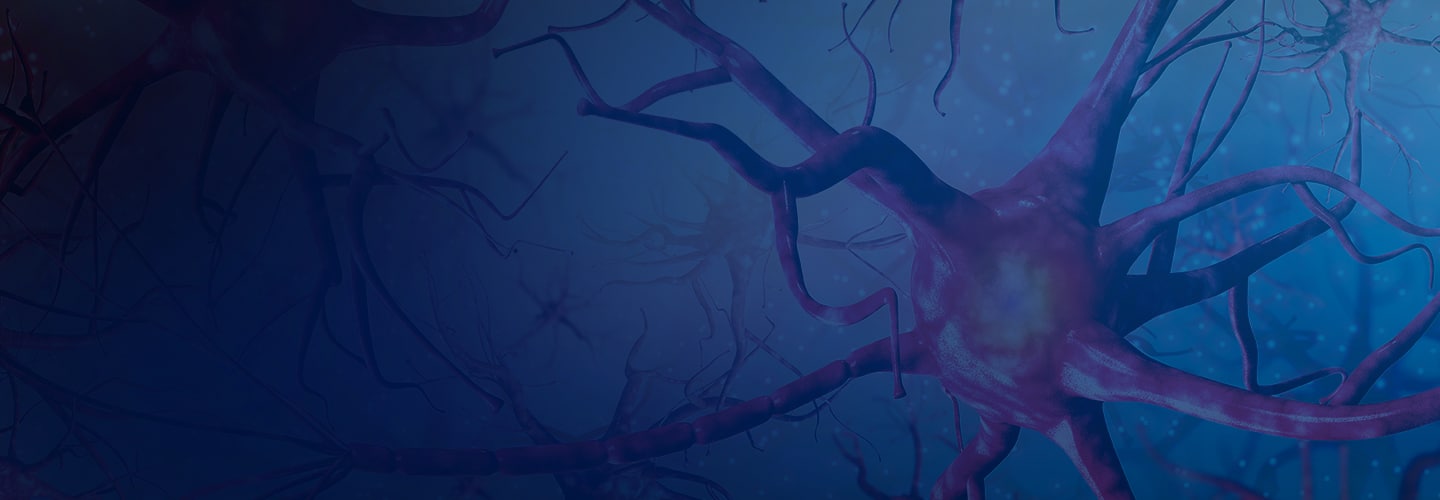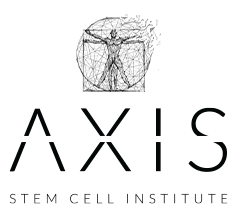
What is Fibromyalgia?
Your body’s pain signals serve an important function when it comes to keeping you safe and healthy. They can be an indicator that something is wrong like illness or injury, prompting you to take action. For patients who have fibromyalgia, however, these signals can become amplified causing diffuse body pain. Fibromyalgia is a condition where both painful and non-painful signals become magnified, leading to significant symptoms and chronic pain throughout different pain points across the body. Although there is no cure for fibromyalgia, stem cell therapies have shown promise when it comes to helping reduce symptoms and achieve relief.
What Causes Fibromyalgia?
The causes of fibromyalgia are not well understood, but it’s thought that in patients with fibromyalgia, inflammatory stimuli affect the gut, body, and brain which makes patients more susceptible to pain and other stimuli. Often these patients develop very low pain tolerance and high reactivity to discomforts. Because the brain’s receptors develop a “memory” of these painful stimuli, they can overreact and cause a painful reaction to the stimuli out of proportion.
There are other factors that are thought to increase the likelihood of developing fibromyalgia, like genetics, certain infections, traumatic injuries, poor dietary habits, and medication toxicity. In any case, it can develop gradually or suddenly, and it can cause a drastic change in your quality of life.
There’s some belief that fibromyalgia is an autoimmune disease because many of the symptoms overlap. However, it’s unknown whether fibromyalgia causes damage to the surrounding tissues as an autoimmune disease would. Some autoimmune diseases occur concurrently with fibromyalgia-like rheumatoid arthritis, Lyme disease, TMJ disorders, or myofascial pain syndrome. There’s still much research devoted to the causes of fibromyalgia and how it interacts with the body’s many systems.
How Can Stem Cells Help Fibromyalgia?
Stem cells can help fibromyalgia by regenerating healthy nerve tissues. It can also help prevent your body’s autoimmune response which can be an underlying cause of fibromyalgia – along with chronic inflammation that can accompany it. In short, stem cells can help you manage pain and other symptoms if you’ve been living with chronic conditions like fibromyalgia.
Stem Cell Therapy for Fibromyalgia
Stem cell therapy for fibromyalgia consists of injecting stem cells (taken from elsewhere in your body or a donor source) into the area with the hopes of repairing nerve cells. Since stem cells come from your own tissue or a screened donor source, they come with little risk of adverse reaction. Stem cell therapies can be performed right in our office and you can return home afterward. During a consultation with our stem cell experts at our Kirkland or St. Petersburg offices, you’ll learn more about what to expect.
Schedule a Consultation
At Axis Stem Cell Institute, we’re here to advocate for your best life yet with the latest in regenerative medicine and stem cell therapies. During your private consultation, we can help you make an informed choice about stem cells and our wide selection of therapies and approaches – the best part is, that we’ll guide you through every step and help you break free of chronic pain. To schedule a consultation at our Seattle or St. Petersburg office by calling 206.823.0960 or filling out our online form.


